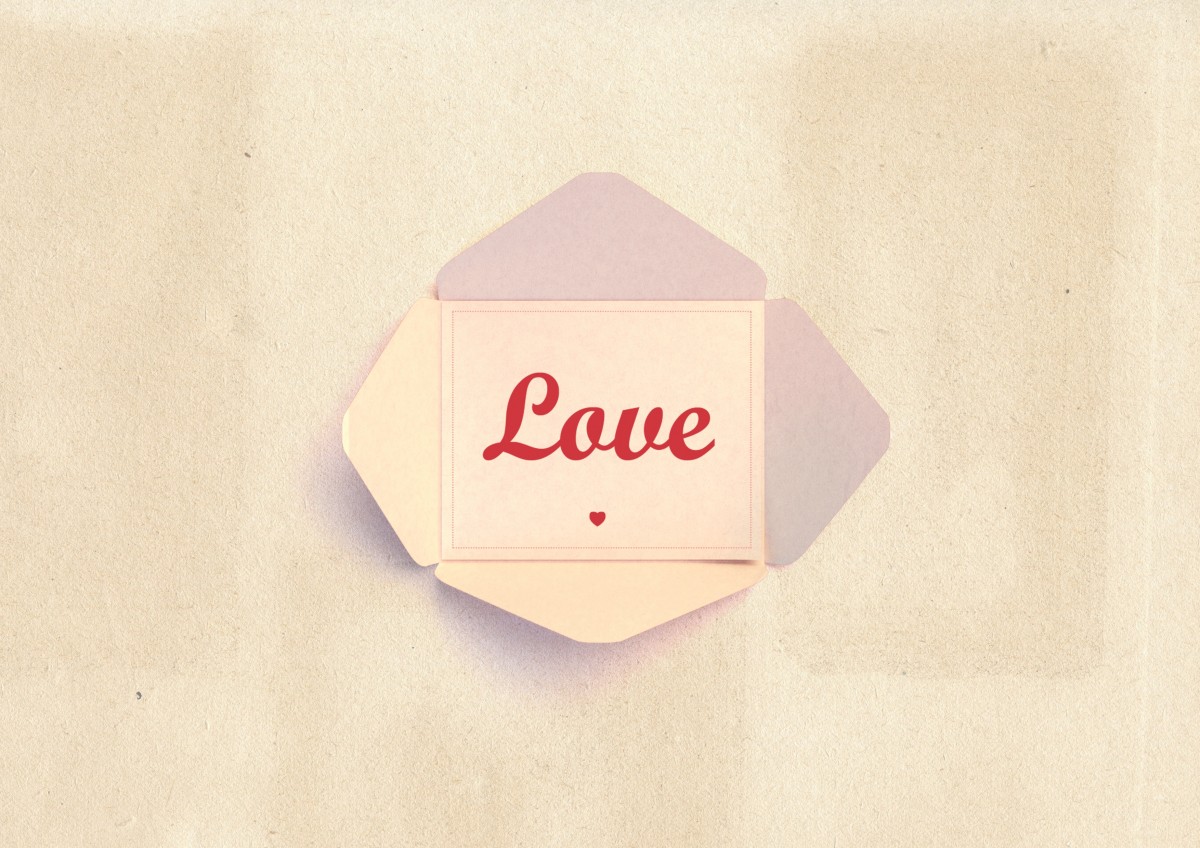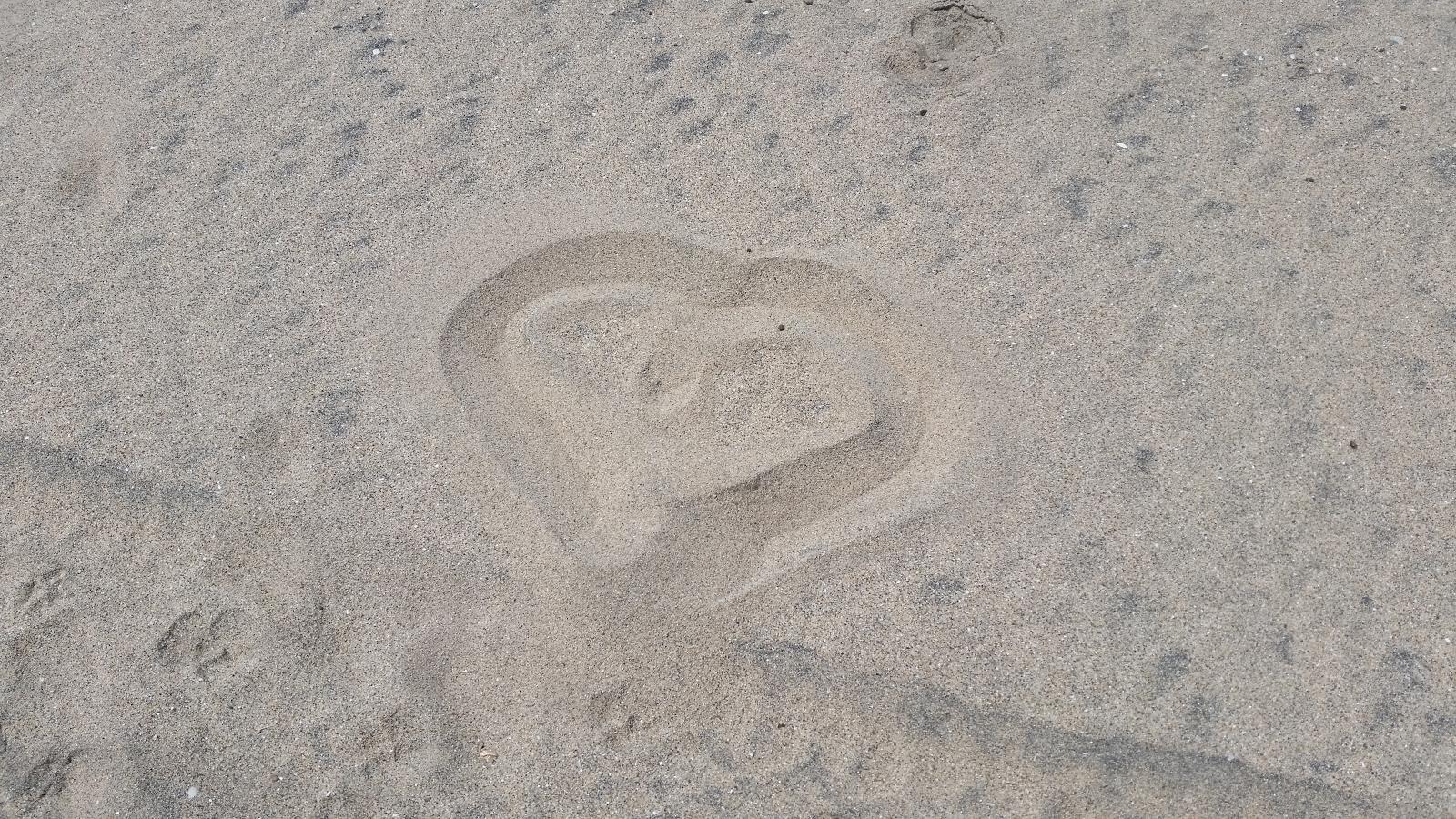Six-Minute Increments: Redefined
Recently, I was doing a little spring cleaning and decided to dive into a filing cabinet that I hadn’t opened in years. One of the first several file folders I pulled out contained a copy of one of my daily time sheets from my first year as an associate at a 100-person law firm in Los Angeles. Also in that file folder was a print-out of the year-end time tally sheet from my full first year at that firm. In defense practice (aka, “big law”), as is typical, my time was measured in terms of one-tenths of an hour — you know, those seemingly endless strings of six-minute increments. There they were – every billable and non-billable time segment all tracked and tallied.
In big law, no matter how many hours one puts in during a given day or evening (and there are often many), it is back to tabula rasa the next morning. Without or even sometimes with a strong center, that tends to do a number on your psyche and your overall sense of well-being. It can take a noticeable toll on your physical health as well.
Reclaiming Our Time
So, what to do about it? While I realize it’s naïve to think that billable hours will suddenly disappear altogether as a common metric, it is definitely within each attorney’s control to “reclaim their time” (to borrow a now-gone-viral phrase used by Rep. Waters during a congressional hearing last year) in ways that are more sustaining and rejuvenating, and from a place of strength and empowerment.
Now I can hear you asking: “But if I’m already packing in so many hours on cases, building a book of business, and attending continuing legal education seminars, how could I possibly squeeze in any other time for myself or any other more life-sustaining activities?” To that, I say, consider this: a lot can be experienced in six minutes or less. Ask any downhill skier or 1,500 meter runner (or person looking to catch the last remaining flight)!
You’re already capably putting in time well spent on behalf of the best interests of your firm and your clients, so why not do so for yourself? Without getting into the metaphysics of how to bend time (although that is definitely a fun topic to discuss with a friend or colleague over a glass of your favorite beverage) – let’s explore creative ways to “take back time,” and make it yours, at least once in a while.
Alternative Ways to Use Time
 You can weave a number of short activities into your work day, throughout the week, or on the weekends. Here is a list to keep handy, of some examples to try, that are easy to do up to six minutes at a time:
You can weave a number of short activities into your work day, throughout the week, or on the weekends. Here is a list to keep handy, of some examples to try, that are easy to do up to six minutes at a time:
- Deep breathing in and out, slowly and deliberately
- Looking out a window and focusing on an object in the distance such as a tree or the horizon
- Standing quietly in a comfortable yet grounding and centering yoga position (such as mountain pose or archer pose)
- Tapping your feet or dancing to an upbeat song (such as “One Love” or “Three Little Birds” by Bob Marley, or “Say Hey” by Michael Franti & Spearhead – heck these songs are only 3-minutes each, so in six minutes you can listen to any of them twice!)
These won’t transform your world or your law practice in an instant. They will, however, likely shake you loose from any overthinking, fuzzy thinking, frazzled nerves, or just plain fatigue and burn-out…if even but for a little while.
What’s to be gained
 The benefits to be gleaned from these brief and empowering uses of time are many, and include:
The benefits to be gleaned from these brief and empowering uses of time are many, and include:
- Giving your mind a rest
- Giving your body an opportunity to move and change positions
- Allowing your breath to slow down and become more even, and less erratic
- Granting yourself the gift of returning to your law practice more refreshed and less strained
- Seeing your case strategies from a fresh angle or perspective
- Gaining clarity around a perceived roadblock in a particular case or cases
- Ultimately effectuating more creative, surprising strategies and potential outcomes for your clients
A Respite from the Frenzy: Six-Minute Saturdays
To help get you started, I’m creating a series of short videos that I’m calling “Six-Minute Saturdays” (SMS). Feel free to subscribe to my YouTube channel to be among the first to receive notifications of these videos as they are released on…yes, you guessed it: Saturdays. You can view them of course whenever it’s convenient for you. (I figure this way, you’ll be encouraged to devote at least one six-minute time segment a week completely,100%, to you!) The kick-off video for SMS is available for viewing now: To watch it, go here.
For your consideration:
What will you do for six minutes that are “all your own,” devoted solely (and soulfully) to your own well-being, starting today? Pick one from the list above, or come up with one of your own, and let me know how it goes! As the saying goes, there’s no time like the present.
Okay, your turn:
When you find yourself feeling stressed and unable to focus, what do you tend to do? What’s your default ‘coping’ mechanism? Does that help…in the short run or the long run? If that hasn’t been working well for you, what would you like to choose to do, instead, if even for a brief six minutes?
I invite you to SHARE your thoughts, feelings, and experiences by leaving a Reply in the Comments section, below. Soul-to-soul!
© 2018 Lori A. Noonan. All Rights Reserved.





 It’s a particularly energetically charged time in the United States, as evidenced by recent politically volatile and even at times highly venomous and violence-infused protests, and counterprotests, resulting in understandable public outcries and feelings of despair and disbelief.
It’s a particularly energetically charged time in the United States, as evidenced by recent politically volatile and even at times highly venomous and violence-infused protests, and counterprotests, resulting in understandable public outcries and feelings of despair and disbelief. What if duality were no longer how we positioned things? What if we were to approach these political divides from a place of universality, instead? As humans, after all: We share the same air, bleed the same blood, shed the same tears.
What if duality were no longer how we positioned things? What if we were to approach these political divides from a place of universality, instead? As humans, after all: We share the same air, bleed the same blood, shed the same tears.
 Upon the return, I took my turn at the helm. Clearly, we knew our intention, and our destination – to get the boat and ourselves back to the mainland and the port from which we had originally departed. It was at that dock where we had left our cars, too – so we knew that’s where we needed to point the boat.
Upon the return, I took my turn at the helm. Clearly, we knew our intention, and our destination – to get the boat and ourselves back to the mainland and the port from which we had originally departed. It was at that dock where we had left our cars, too – so we knew that’s where we needed to point the boat.
 From idealist to lost in the practice of law
From idealist to lost in the practice of law If you knew me back then, you would have called me an idealist. I was also, though, a pragmatist. I couldn’t end up helping anyone if I couldn’t afford to complete my law school education and pay off my law school debt. Accordingly, I found myself “chasing the almighty dollar.”
If you knew me back then, you would have called me an idealist. I was also, though, a pragmatist. I couldn’t end up helping anyone if I couldn’t afford to complete my law school education and pay off my law school debt. Accordingly, I found myself “chasing the almighty dollar.” We represented large corporations, mostly with regard to breach of contract disputes. Why did I end up at a large firm, doing something pretty much polar opposite to what I really wanted to do? In a nutshell: Because it paid well.
We represented large corporations, mostly with regard to breach of contract disputes. Why did I end up at a large firm, doing something pretty much polar opposite to what I really wanted to do? In a nutshell: Because it paid well. What if, yes, what if I had the type of heart centered support from other women attorneys, mentors and role models available to me now, back then, so that: I didn’t feel so alone; didn’t feel so dismissed for my ‘feminine qualities’; I was valued for more than purely the number of hours I billed; and I was able to cultivate a culture that not only helped transform “big law” firm environments – but in doing so ultimately created more meaningful, heartfelt environments and results for litigants, too?
What if, yes, what if I had the type of heart centered support from other women attorneys, mentors and role models available to me now, back then, so that: I didn’t feel so alone; didn’t feel so dismissed for my ‘feminine qualities’; I was valued for more than purely the number of hours I billed; and I was able to cultivate a culture that not only helped transform “big law” firm environments – but in doing so ultimately created more meaningful, heartfelt environments and results for litigants, too? Allow me to clarify that this is not in any way intended to discredit the masculine. It’s merely an observation that the time has arrived where we’re seeing an uprising toward “tipping the scales” back a bit more toward symbiosis. The yin yang symbol itself, for example, represents this well, in my opinion. It’s a swirl of two mirror image shapes of the same size, embracing each other within the one circle. They complement rather than compete with one another. They hold each other in balance and securely in place.
Allow me to clarify that this is not in any way intended to discredit the masculine. It’s merely an observation that the time has arrived where we’re seeing an uprising toward “tipping the scales” back a bit more toward symbiosis. The yin yang symbol itself, for example, represents this well, in my opinion. It’s a swirl of two mirror image shapes of the same size, embracing each other within the one circle. They complement rather than compete with one another. They hold each other in balance and securely in place.

 The daughter points to it, and says:
The daughter points to it, and says: